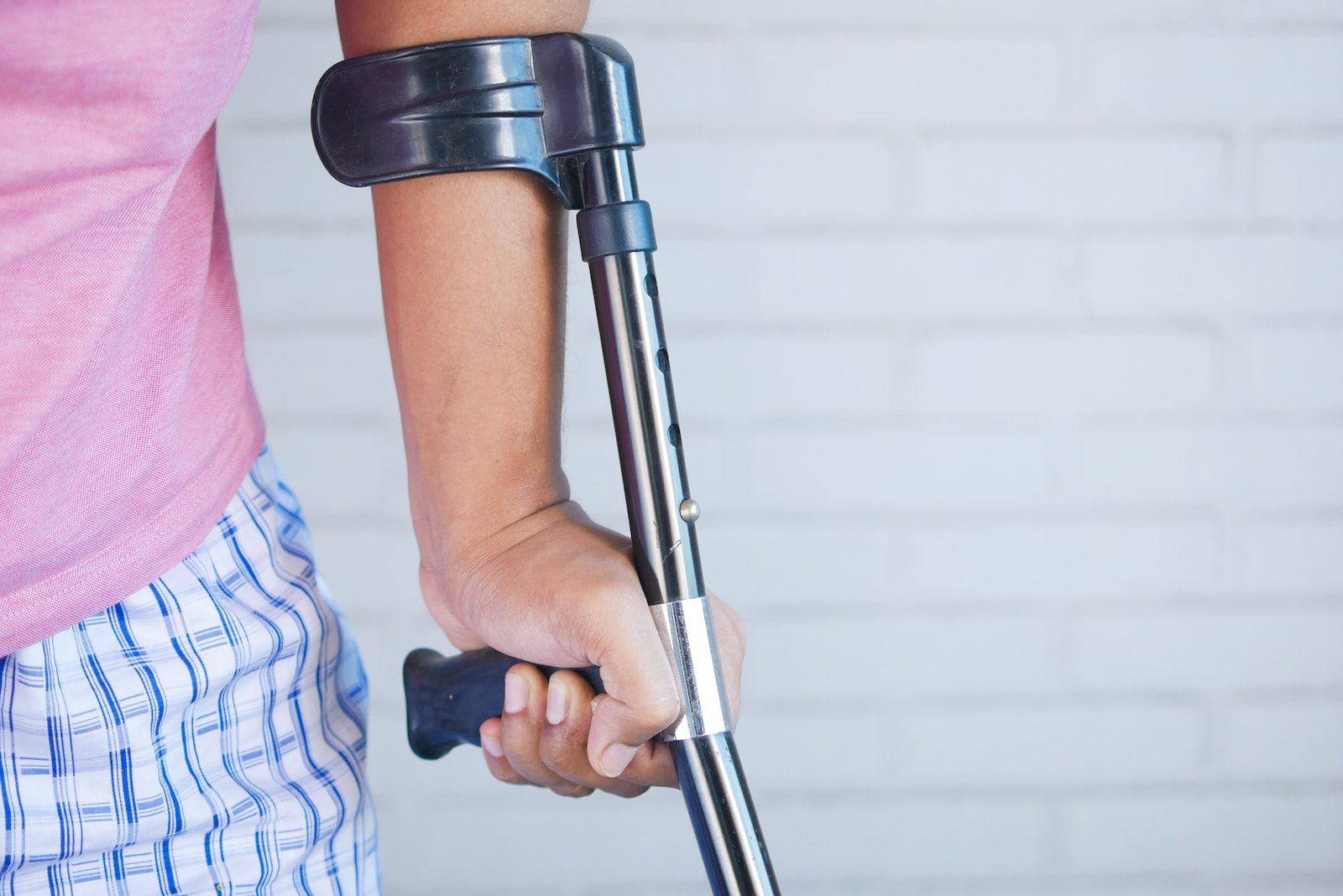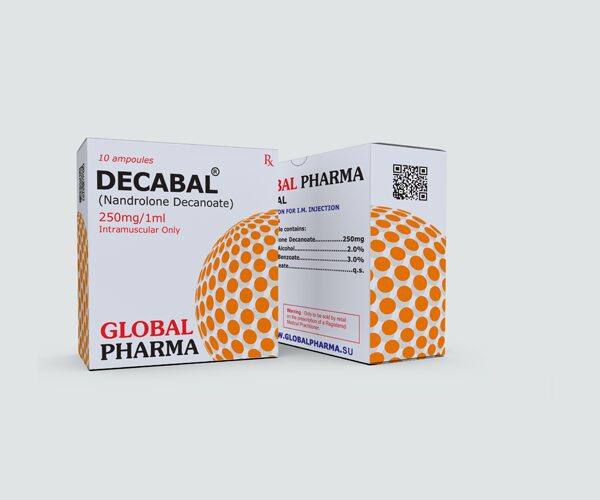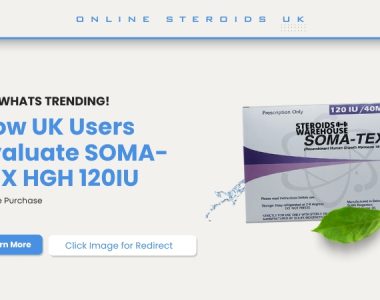
In the world of fitness and athletics, injuries are unfortunately a common occurrence. Whether you’re a professional athlete or a regular gym-goer, recovering from an injury can be a challenging and lengthy process. However, recent research has shown that the use of Nandrolone Decanoate, a popular anabolic steroid, can play a significant role in aiding injury recovery. In this article, we will explore the benefits, risks, and considerations of incorporating Nandrolone Decanoate into injury rehabilitation programs.
Understanding Nandrolone Decanoate
Nandrolone Decanoate, commonly known as Deca, is an anabolic steroid that has been widely used in the medical field for several decades. Initially developed to treat muscle wastage diseases, it has gained popularity among athletes and bodybuilders due to its impressive effects on muscle growth and recovery. Its anabolic properties help stimulate protein synthesis, leading to increased muscle mass and strength.
Benefits of Nandrolone Decanoate in Injury Recovery
Enhanced Collagen Synthesis
One of the key benefits of Nandrolone Decanoate is its ability to enhance collagen synthesis. Collagen is a protein that plays a crucial role in the repair and regeneration of tendons, ligaments, and other connective tissues. By promoting collagen synthesis, Nandrolone Decanoate assists in strengthening and healing these tissues, thereby speeding up the recovery process.
Pain Relief
Injuries often come with significant pain and discomfort, which can hinder the rehabilitation process. Nandrolone Decanoate has been shown to have analgesic properties, helping to alleviate pain and enhance overall well-being during recovery. This pain relief effect can allow individuals to engage in physical therapy and exercise with reduced discomfort, allowing for better adherence to rehabilitation programs.
Increased Bone Density
During periods of decreased activity or immobilization due to injury, bone density can decrease, leading to weakness and an increased risk of further injuries. Nandrolone Decanoate has shown promising effects in increasing bone mineral density, making it a valuable tool in preventing further injury and maintaining overall bone health during the recovery process.
Improved Muscle Mass and Strength
Muscle atrophy commonly occurs following an injury, as the affected area is often immobilized or weakened. Nandrolone Decanoate helps combat muscle loss by promoting protein synthesis and increasing nitrogen retention. These effects lead to enhanced muscle mass and strength, enabling individuals to regain their pre-injury fitness levels more quickly.
Risks and Considerations
While Nandrolone Decanoate has shown numerous benefits in injury recovery, it is crucial to consider the potential risks associated with its use. Like any other anabolic steroid, Nandrolone Decanoate can have adverse effects on the body, especially when misused or abused.
Hormonal Imbalances
Nandrolone Decanoate can disrupt the natural hormonal balance in the body, leading to various side effects. These may include testicular atrophy, decreased libido, and potential cardiovascular risks. It is imperative to consult with a qualified healthcare professional before embarking on a Nandrolone Decanoate regimen to assess the individual’s suitability and establish appropriate dosage and monitoring protocols.
Legal Considerations
It is important to note that the use of Nandrolone Decanoate is illegal without a prescription in many countries. Additionally, professional athletes are subject to strict anti-doping regulations, and the use of Nandrolone Decanoate can lead to severe penalties and career consequences. Therefore, it is essential to adhere to legal and ethical norms while considering the use of this substance.
Incorporating Nandrolone Decanoate in Rehabilitation Programs
The decision to incorporate Nandrolone Decanoate into an injury rehabilitation program should only be made after careful consideration and consultation with medical professionals. If deemed appropriate, it should be used as part of a comprehensive approach that includes physical therapy, proper nutrition, and adequate rest.
Medical Supervision
Initiating Nandrolone Decanoate use should always occur under the supervision of a qualified healthcare professional. Regular monitoring of blood work, hormonal levels, and overall health is crucial to mitigate potential risks and ensure optimal outcomes.
Combination with Physical Therapy
While Nandrolone Decanoate can enhance injury recovery, it should never be considered a substitute for physical therapy. A personalized physical therapy program plays a vital role in restoring mobility, flexibility, and functionality. Nandrolone Decanoate can be used as an adjunct to physical therapy to promote muscle growth and strength, but it should not replace the therapeutic exercises and techniques prescribed by a qualified therapist.
Proper Nutrition and Rest
To maximize the benefits of Nandrolone Decanoate, individuals should follow a well-balanced diet that supports recovery and repair. Adequate protein intake is particularly important to support muscle growth, while sufficient rest and sleep are essential for overall healing and regeneration.
Conclusion
When used responsibly and under medical supervision, Nandrolone Decanoate can be a valuable tool in aiding injury recovery. Its ability to enhance collagen synthesis, relieve pain, increase bone density, and promote muscle growth makes it an attractive option for athletes and individuals seeking to expedite their recovery process. However, it is crucial to consider the potential risks and legal implications before deciding to incorporate this substance into a rehabilitation program. Consulting with medical professionals and adhering to ethical guidelines is of utmost importance to ensure safety and optimal outcomes.




